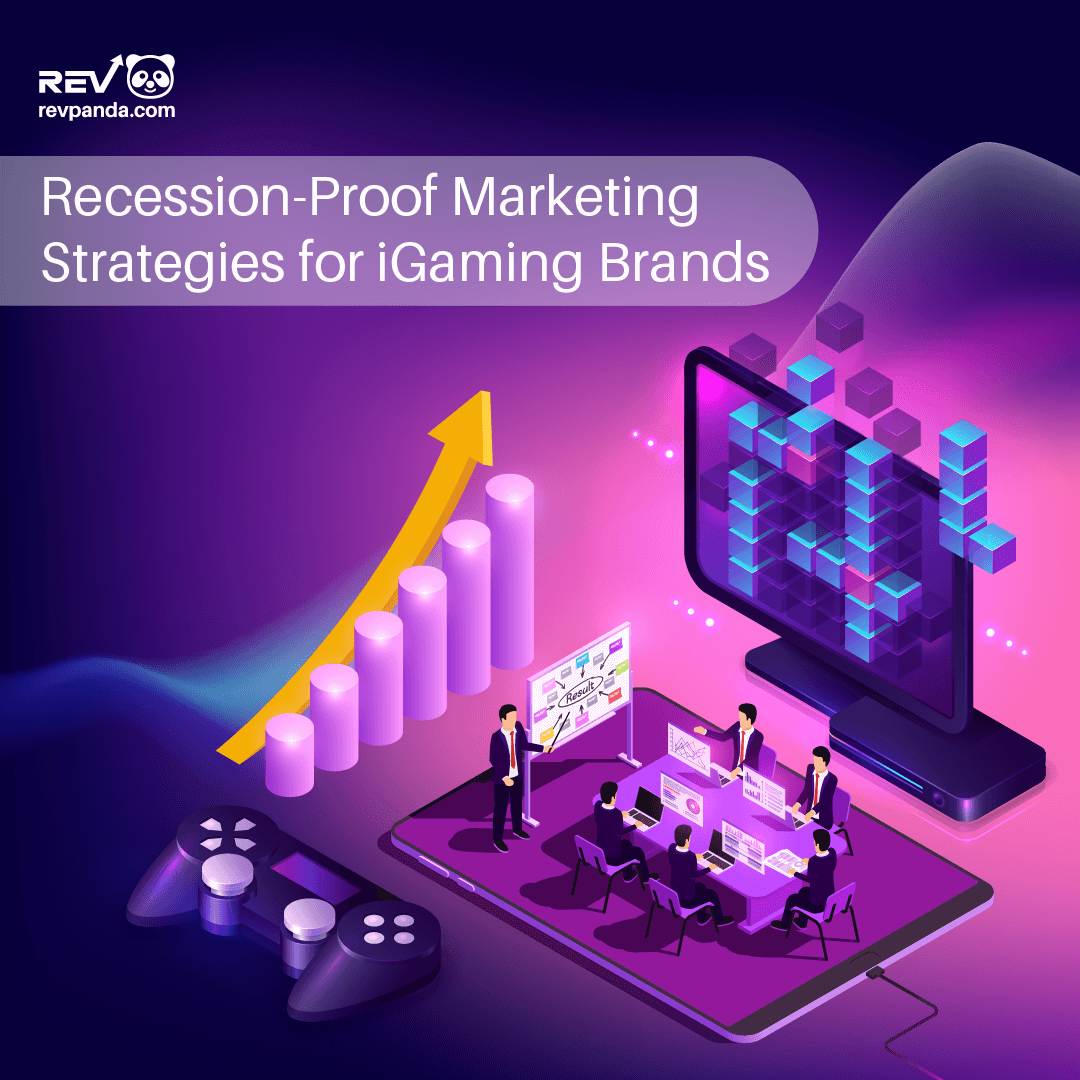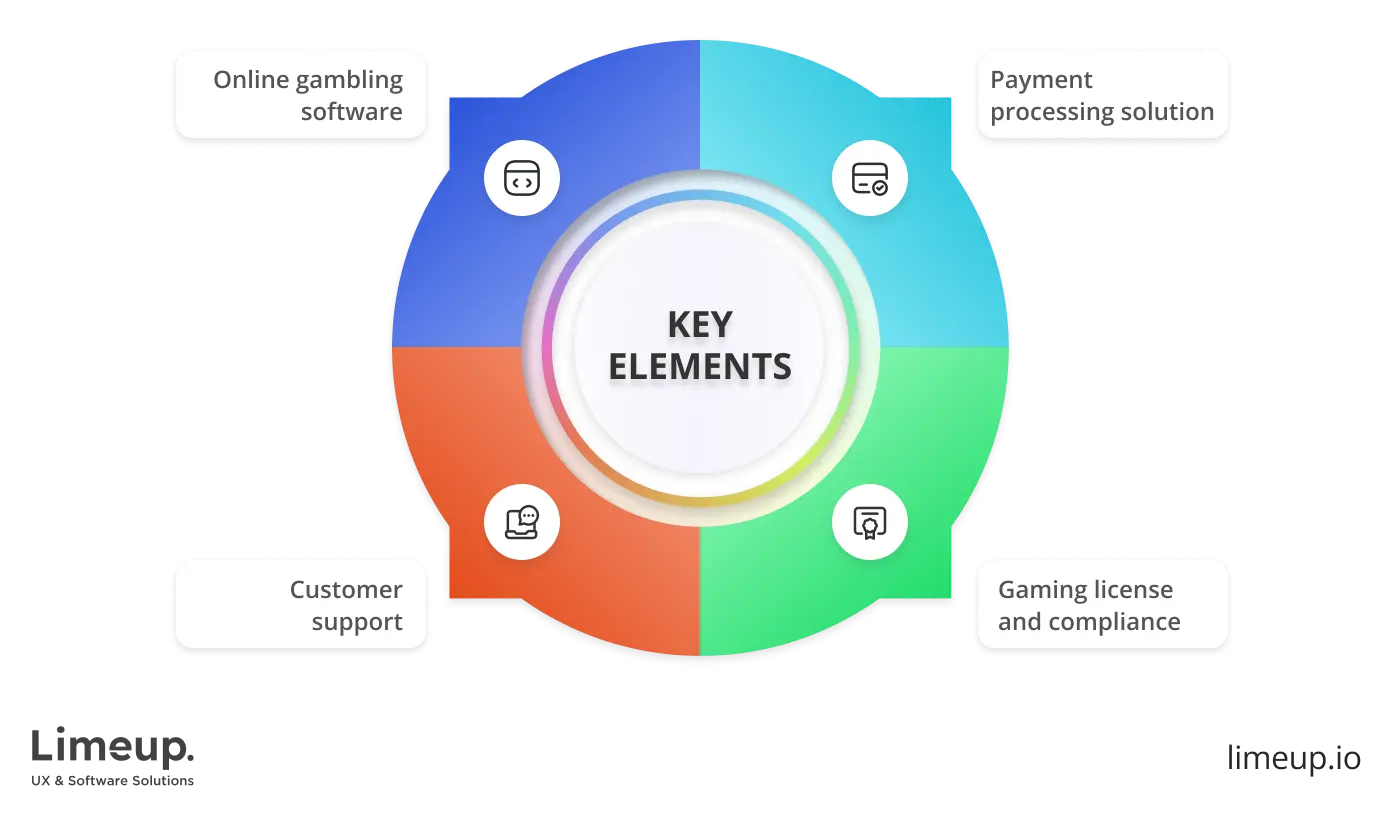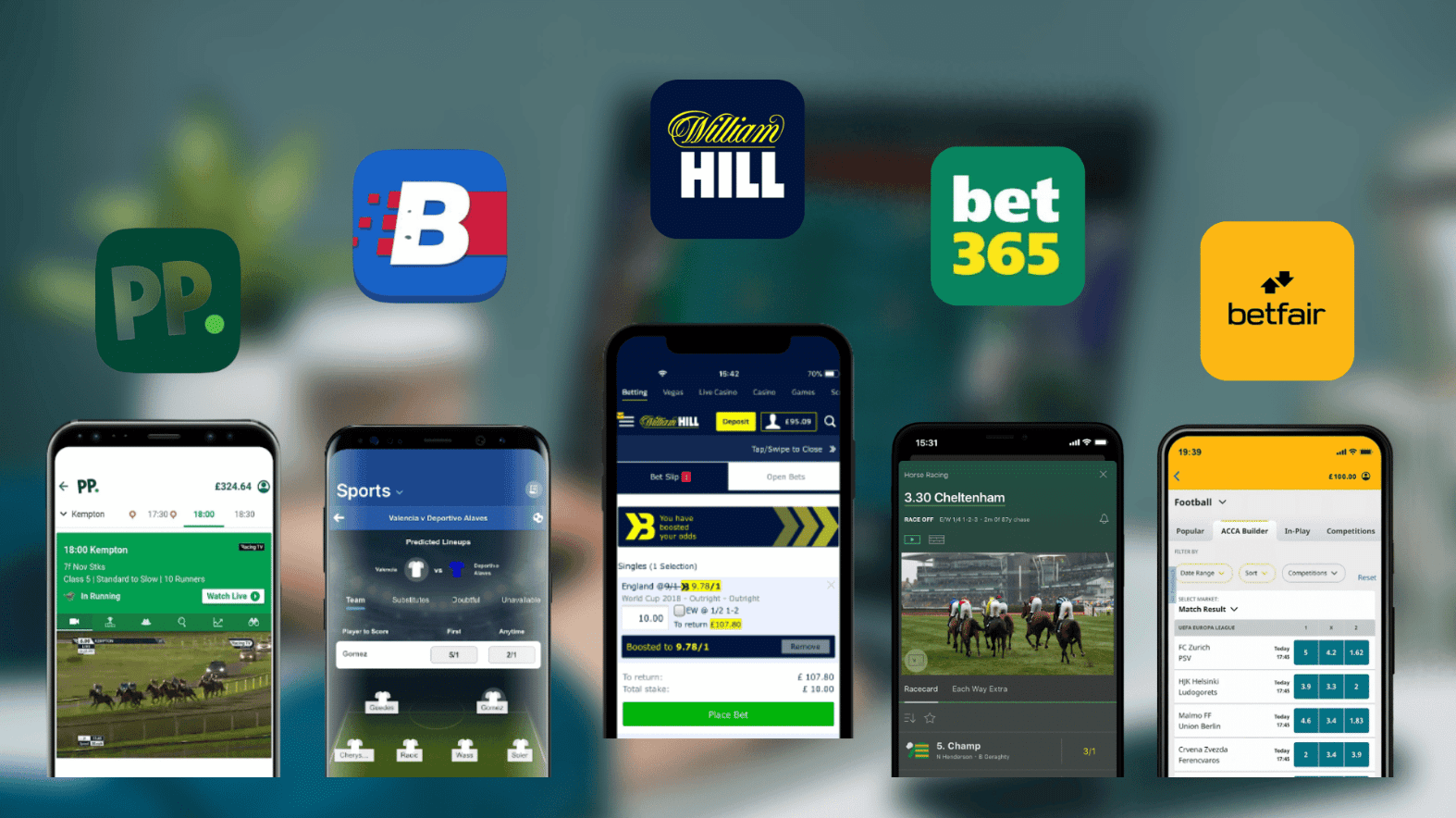What are the Components of iGaming Business?
The components of an iGaming business include game development, platform management, licensing, payment processing, and customer support. These elements

The components of an iGaming business include game development, platform management, licensing, payment processing, and customer support. These elements are crucial for a successful online gaming operation.
The iGaming industry has grown rapidly, driven by advancements in technology and increased internet access. Game development focuses on creating engaging and interactive games. Platform management ensures seamless user experiences and robust back-end operations. Licensing is essential for legal compliance and building trust.
Payment processing systems provide secure and diverse transaction options for players. Customer support addresses player inquiries and issues, enhancing user satisfaction. Each component plays a vital role in the overall success and sustainability of an iGaming business. Understanding these elements helps in creating a competitive and user-friendly online gaming platform.

Game Development
The heart of the iGaming business is game development. This process involves creating engaging and interactive games. It ensures players have an immersive experience. Game development is a blend of art, technology, and storytelling.
Game Design
Game design is the blueprint of any iGaming product. Designers craft the game’s rules, mechanics, and aesthetics. They create characters, levels, and storylines. A well-designed game keeps players engaged and coming back.
Designers focus on user experience (UX) and user interface (UI). They ensure the game is easy to navigate and enjoyable to play. They use tools like Adobe Photoshop and Illustrator. These tools help in creating stunning visuals and graphics.
- Character Design
- Level Design
- Sound Design
- Storytelling
Software Testing
Software testing is crucial for game development. It ensures the game runs smoothly and is free from bugs. Testers identify and fix issues before the game is released. This process enhances the player experience and maintains the game’s quality.
Testers perform various types of tests:
- Functionality Testing: Ensures all features work correctly.
- Performance Testing: Checks the game’s speed and responsiveness.
- Compatibility Testing: Verifies the game works on different devices.
- Security Testing: Ensures the game is safe from hackers.
Testing tools like Selenium and TestComplete are often used. They help automate and streamline the testing process.
| Testing Type | Purpose |
|---|---|
| Functionality Testing | Ensures all features work correctly |
| Performance Testing | Checks the game’s speed and responsiveness |
| Compatibility Testing | Verifies the game works on different devices |
| Security Testing | Ensures the game is safe from hackers |
Platform Management
Platform management is a core part of the iGaming business. This process ensures the smooth operation of an online gaming platform. It involves managing the user interface, backend infrastructure, and various other components. Effective platform management enhances user experience and ensures system reliability.
User Interface
The user interface (UI) is the front-end part of the platform. It is what users interact with when they visit the site.
- Design: The design should be clean and intuitive.
- Navigation: Easy navigation helps users find games quickly.
- Responsive: The UI must be mobile-friendly and responsive.
An attractive and functional UI can increase user engagement and satisfaction.
Backend Infrastructure
The backend infrastructure is the engine that powers the platform. It includes servers, databases, and application logic.
| Component | Function |
|---|---|
| Servers | Hosts the platform and handles user requests. |
| Databases | Stores user data and game information. |
| Application Logic | Manages game rules and user interactions. |
A robust backend ensures the platform runs smoothly and efficiently.
Regulatory Compliance
Regulatory compliance is crucial for the success of any iGaming business. It ensures that the business operates legally and ethically. This section will cover important aspects of regulatory compliance, including licensing and fair play policies.
Licensing
Obtaining a license is the first step for any iGaming business. A license allows the business to operate legally. Different countries have different licensing requirements. Meeting these requirements is essential. A licensed business gains trust from players. It also avoids legal issues.
Below is a table showing the licensing requirements for some popular jurisdictions:
| Jurisdiction | Requirements | Cost |
|---|---|---|
| Malta | Background check, Financial audit | $25,000 |
| UK | Background check, Financial audit, Software testing | $30,000 |
| Curacao | Background check, Financial audit | $20,000 |
Fair Play Policies
Fair play policies are crucial for maintaining player trust. These policies ensure that games are fair and not rigged. Implementing Random Number Generators (RNG) is one way to ensure fairness. Regular audits of these RNGs are also necessary.
Here are some key components of fair play policies:
- Random Number Generators (RNG): Ensures games are random.
- Regular Audits: Verifies the fairness of RNGs.
- Player Protection: Safeguards against unfair practices.
Implementing these policies helps build a trustworthy iGaming business. Players feel safe and secure, leading to increased engagement.
Payment Processing
Payment processing is the backbone of any successful iGaming business. It ensures smooth financial transactions between players and the platform. A robust payment system boosts player trust and enhances user experience.
Payment Gateways
Payment gateways are essential in iGaming for secure financial transactions. They act as intermediaries between players and the platform. These gateways process deposits and withdrawals in real-time. Popular payment gateways include PayPal, Stripe, and Skrill. Each gateway offers unique features and benefits.
A table can help compare different payment gateways:
| Payment Gateway | Transaction Fees | Processing Time | Security Features |
|---|---|---|---|
| PayPal | 2.9% + $0.30 | Instant | Fraud Protection |
| Stripe | 2.9% + $0.30 | Instant | 3D Secure |
| Skrill | 1.9% | Instant | Encryption |
Transaction Security
Transaction security is crucial in the iGaming sector. Players need to trust that their money is safe. Implementing SSL encryption protects data during transmission. Two-factor authentication adds an extra layer of security. Regular security audits ensure the system remains secure.
Use these tips for improved transaction security:
- Enable SSL encryption
- Implement two-factor authentication
- Conduct regular security audits
- Use tokenization for sensitive data
These practices ensure a secure and trustworthy environment for players.
Marketing Strategies
Marketing strategies are crucial for the success of any iGaming business. They help attract new players and keep existing ones engaged. Let’s explore the key components of effective marketing strategies in the iGaming sector.
Customer Acquisition
Customer acquisition is the process of attracting new players to your platform. This can be achieved through various digital marketing techniques. Here are some effective methods:
- Search Engine Optimization (SEO): Optimize your website to rank higher on search engines.
- Pay-Per-Click (PPC) Advertising: Use targeted ads to drive traffic to your site.
- Social Media Marketing: Engage with potential players on platforms like Facebook and Twitter.
- Affiliate Marketing: Partner with affiliates to promote your iGaming platform.
Using a combination of these techniques can help you acquire new customers effectively.
Brand Loyalty
Brand loyalty ensures players keep returning to your platform. Here are some strategies to build and maintain brand loyalty:
- Reward Programs: Offer loyalty points and rewards to frequent players.
- Personalized Promotions: Tailor promotions based on player preferences and activities.
- Customer Support: Provide excellent customer service to resolve issues quickly.
- Community Building: Create a community around your brand through forums and social media groups.
Building brand loyalty can significantly increase player retention rates and overall revenue.

Frequently Asked Questions
What Does iGaming Consist Of?
IGaming consists of online gambling activities like sports betting, casino games, poker, and bingo. It involves real money wagering.
What Falls Under iGaming?
IGaming includes online casinos, sports betting, poker, bingo, lotteries, and virtual sports. It also covers mobile gaming and esports betting.
What Are The Components Of Gambling?
Gambling consists of three main components: consideration, chance, and prize. Players wager something valuable, outcomes rely on luck, and winners receive rewards.
What Is The Difference Between Gambling And igaming?
Gambling involves traditional betting activities like casinos and sports betting. IGaming refers to online gaming activities, including online casinos and virtual sports.
Conclusion
Understanding the components of the iGaming business is crucial for success. From software providers to payment systems, each element plays a vital role. Effective marketing strategies and robust customer support further enhance your operations. By mastering these components, your iGaming venture can thrive in this competitive landscape.
Stay informed and adaptable to maintain growth.














